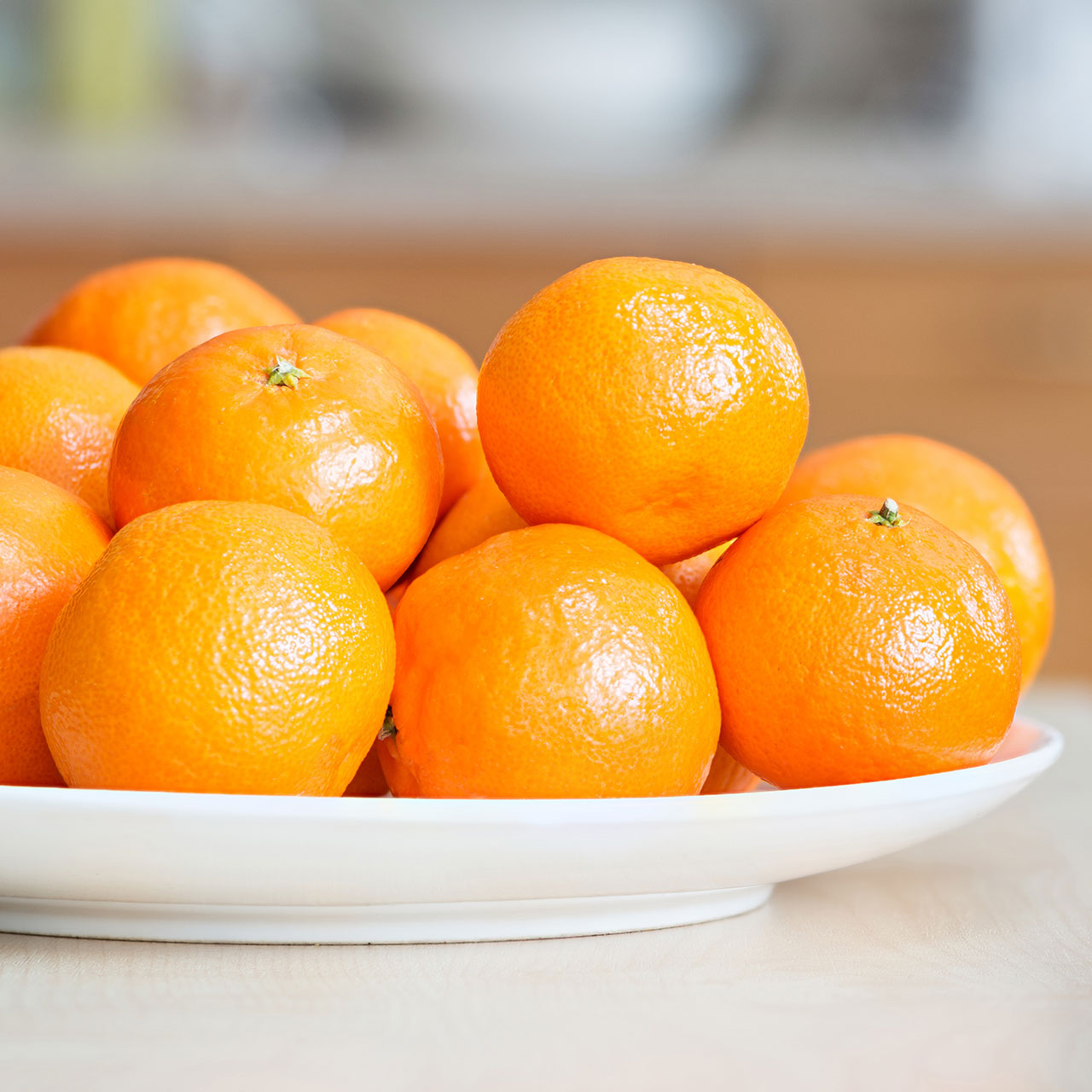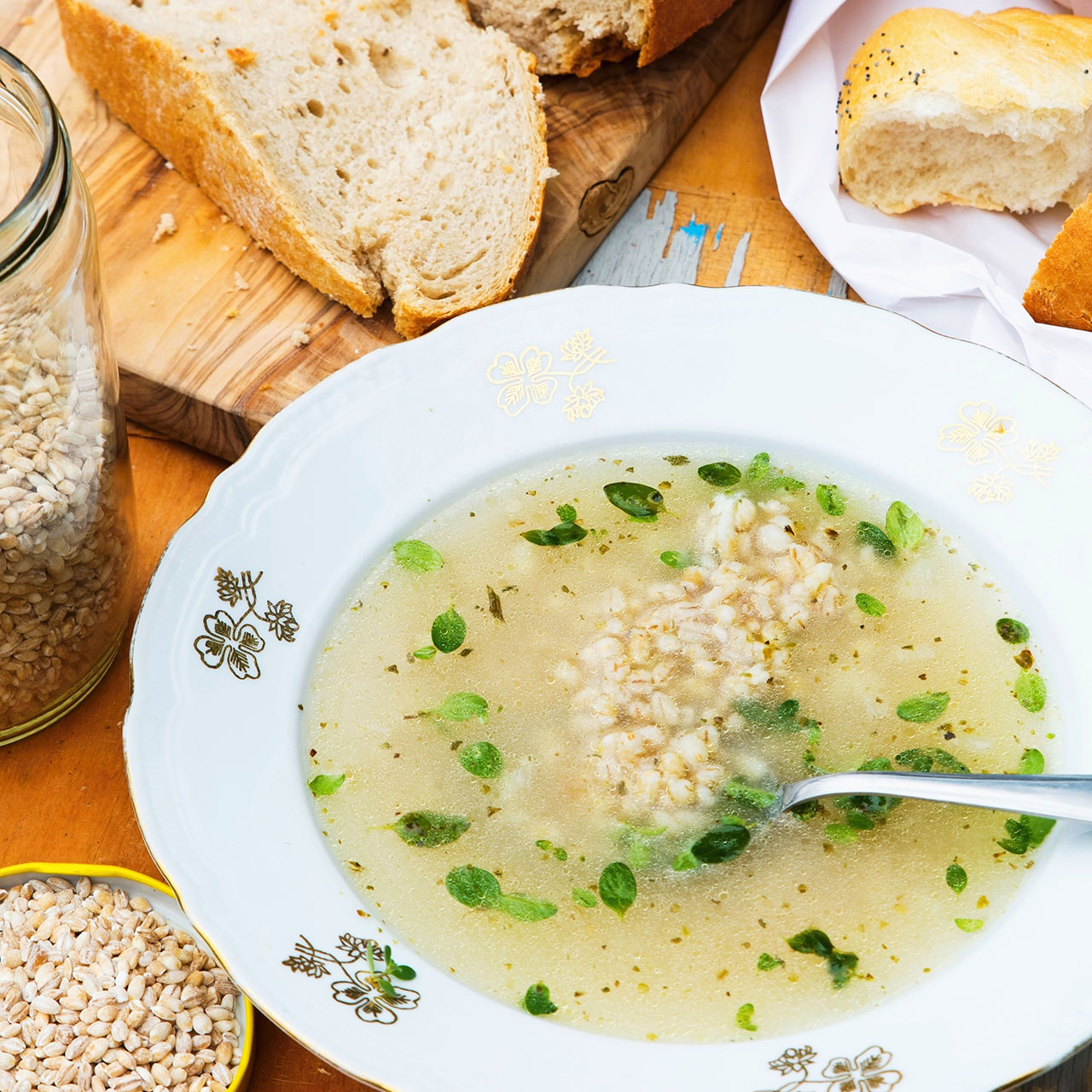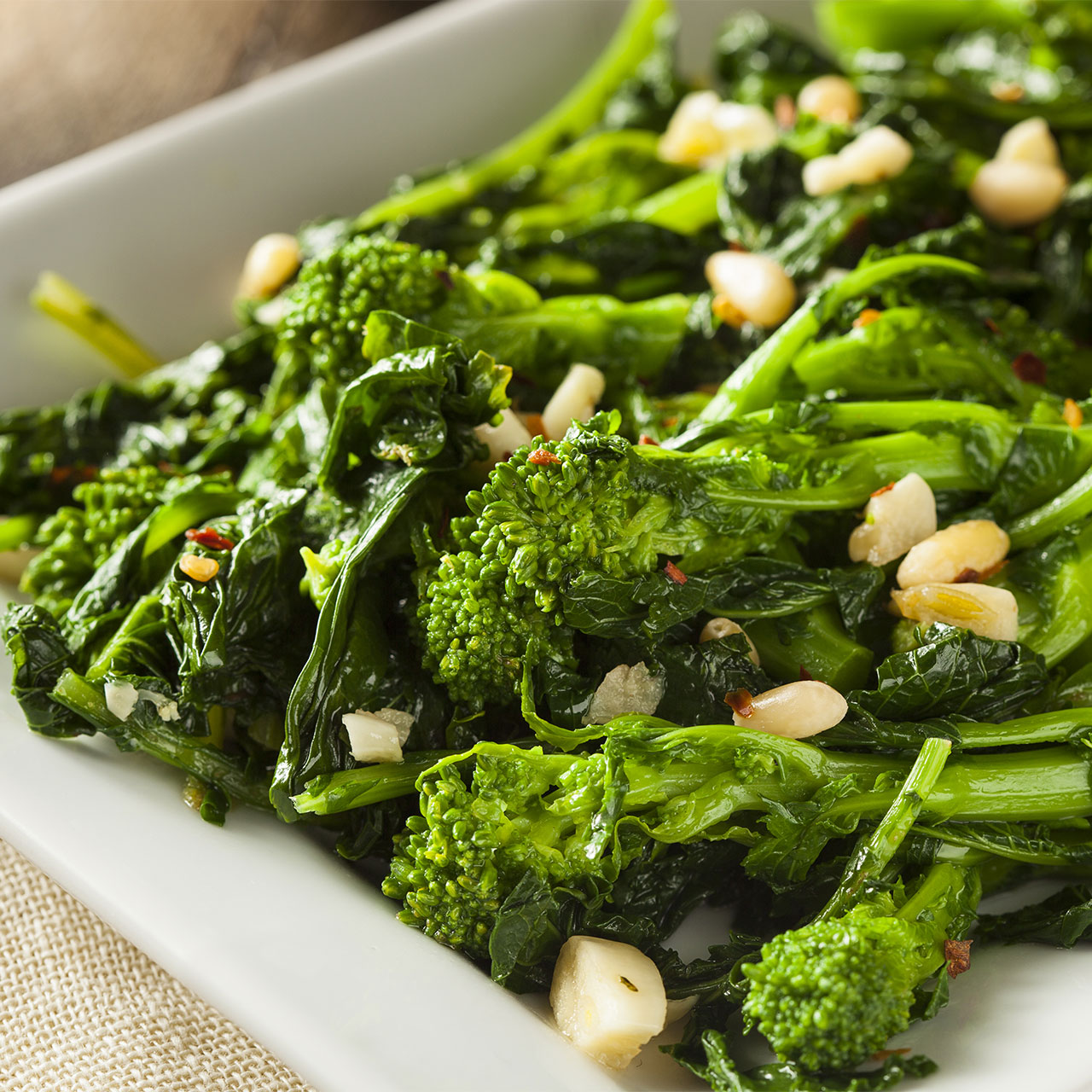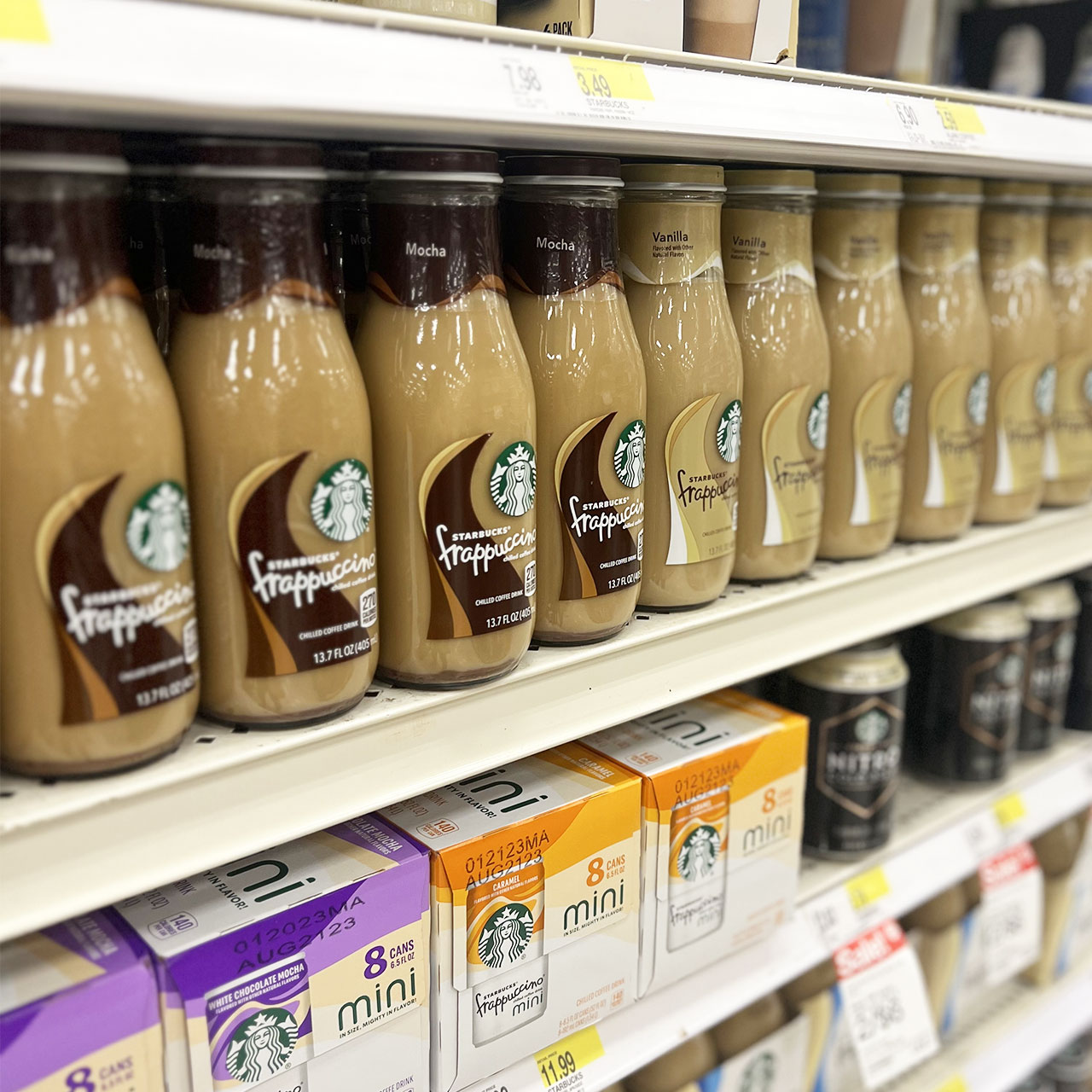Your digestive health is a crucial component of your overall well-being, and your daily diet plays a major role in keeping your digestion in good shape. In addition to adding the right gut-healthy foods to your plate, it’s also important to know which foods to avoid. One category to keep an eye on is grains. Certain grains can be difficult to process, especially for individuals with sensitivities to gluten or high-fiber foods. The result? Bloating, cramping, and even weight gain.
We spoke to Physician Michael Lahey from My Weight Loss Partner to learn about a few of the worst options—and some healthy alternatives to replace them with. Find his expert insight below.


4 Grains to Avoid for Better Digestive Health
1. Refined Wheat
Refined wheat, which you'll find in many kitchen staples like white bread, pasta, and rice, is a common culprit when it comes to digestive discomfort. "Refined wheat contains gluten, which is very bad for those who have some sort of gluten intolerance or celiac disease," Lahey explains. This can result in symptoms such as bloating, cramping, and diarrhea. Even for those without gluten sensitivities, refined wheat offers little benefit to digestion. "It is depleted of fiber," Lahey adds, meaning it won’t aid in the digestive process and could lead to sluggish digestion and discomfort. Yikes! Bye-bye, white bread.
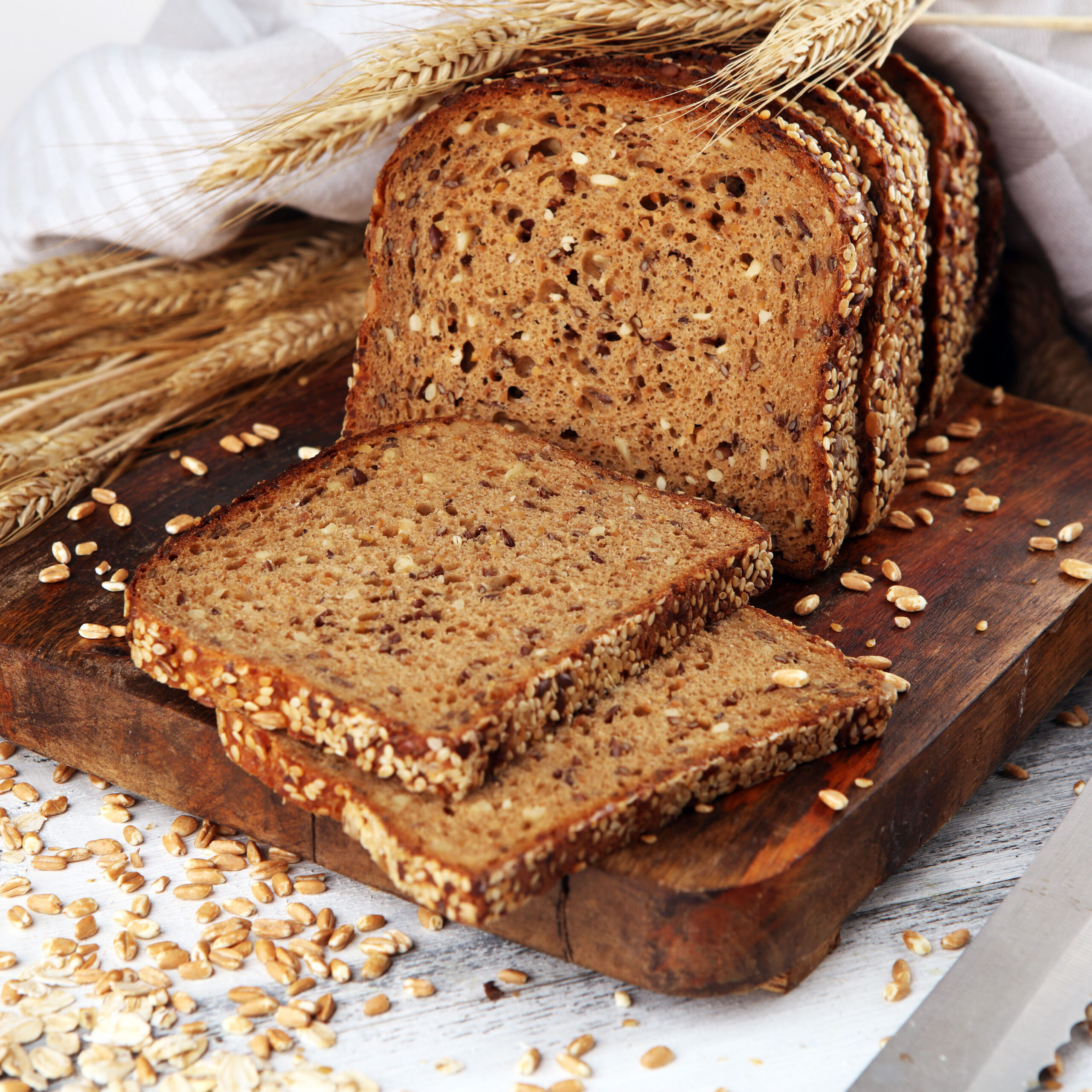
2. Rye
Rye may be fiber-rich, but it’s also heavy on gluten, which makes it particularly troublesome for digestion. "Rye has serious gluten and a very dense structure, making it not so easy for the digestive system to handle," Lahey says. If you're sensitive to gluten or commonly experience digestive issues, eating rye may put you at risk of "excessive gaseous build-up and stomach discomfort." So you may want to think twice before eating that Reuben!
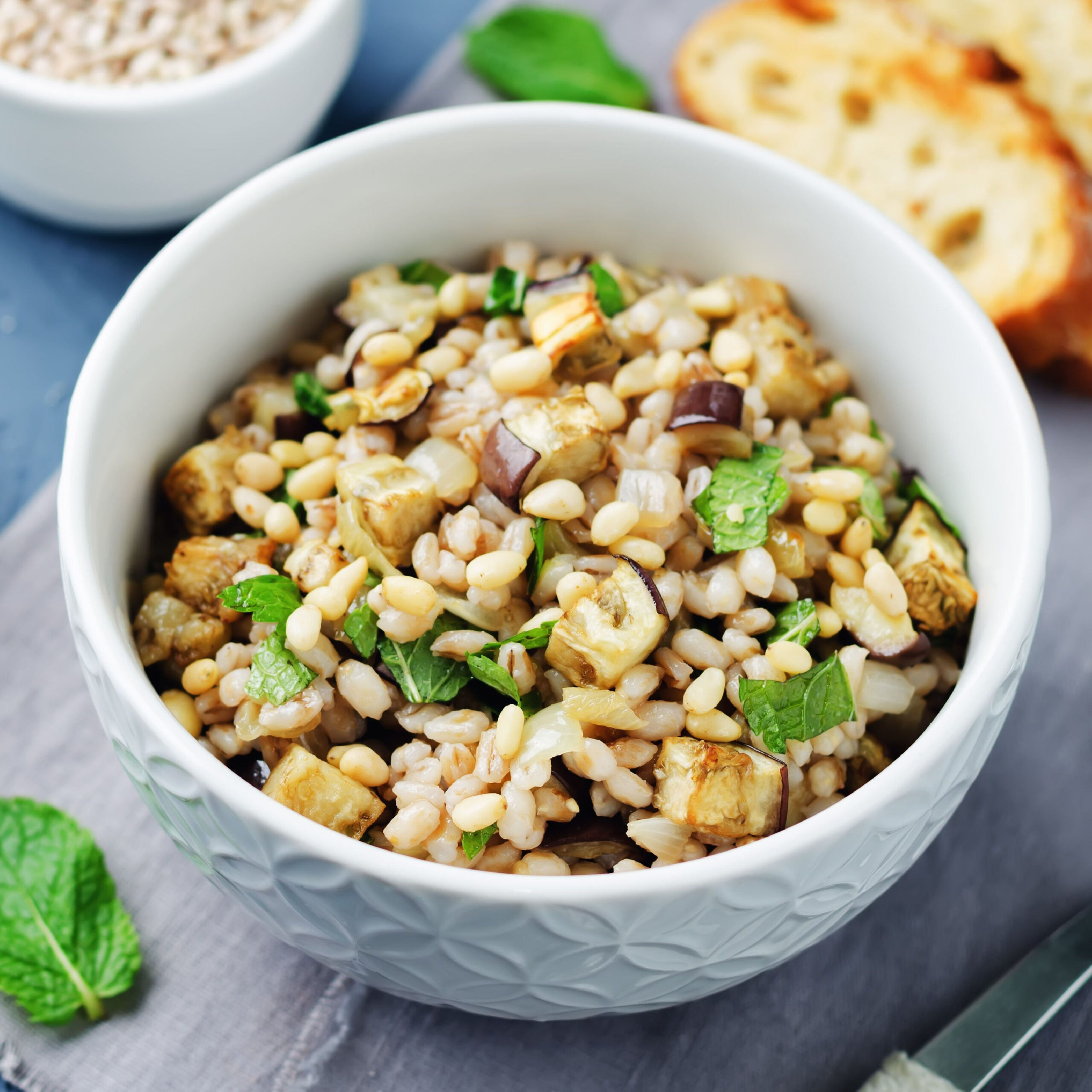
3. Barley
Although barley has a low glycemic index and a high fiber content, it can still lead to digestive problems for some people. "Its gluten may be rather problematic for the stomach," Lahey warns. Moreover, consuming too much fiber at once, especially if you're not accustomed to it, can lead to bloating and gassiness. Lahey advises that "it is best to include but not overload the body with fiber," as an excess can strain the digestive system and lead to discomfort.

4. Processed Corn
Lahey notes that processed corn products, such as cornmeal, cornstarch, and even popcorn, can be difficult for your body to process, leading to potential digestive issues. "These foods contain carbohydrates that are hard for the body to digest, resulting in swelling and stomach bugs," he says. Additionally, processed corn is often low in fiber, which can "slow down the rate at which the food is digested," leading to more discomfort, he warns.
Healthier Grains for Improved Digestion
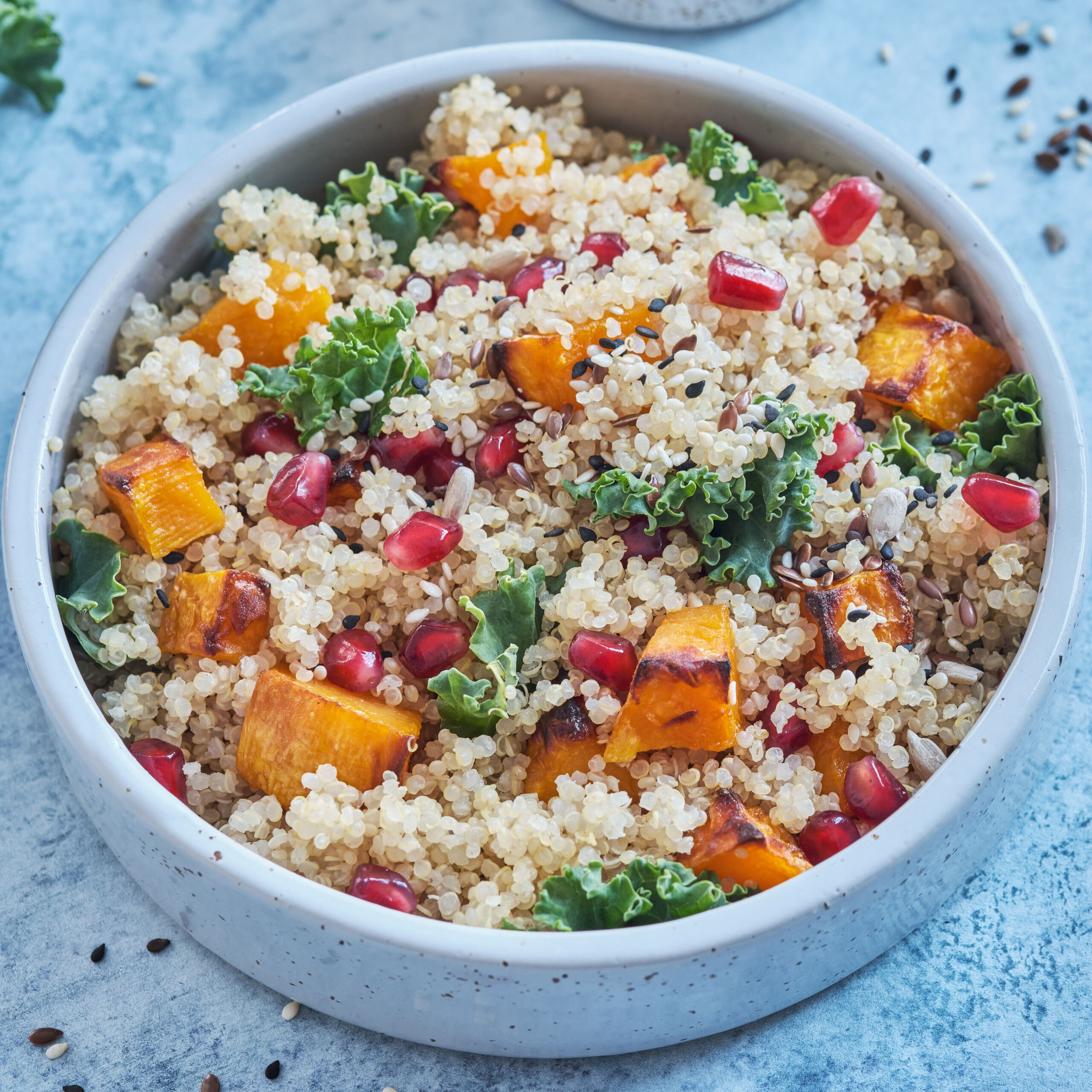
1. Quinoa
Quinoa is one great alternative to grains that cause digestive issues. "Quinoa is free of gluten and has high fiber and protein content," Lahey says. What's more, it's a source of essential amino acids, which means it's a complete protein. Thanks to its anti-inflammatory compounds, this diverse grain is ideal for people on gluten-free diets or those with delicate digestive systems. Whip up a quinoa salad, use it as a healthy grain bowl base, and more. The possibilities are endless.
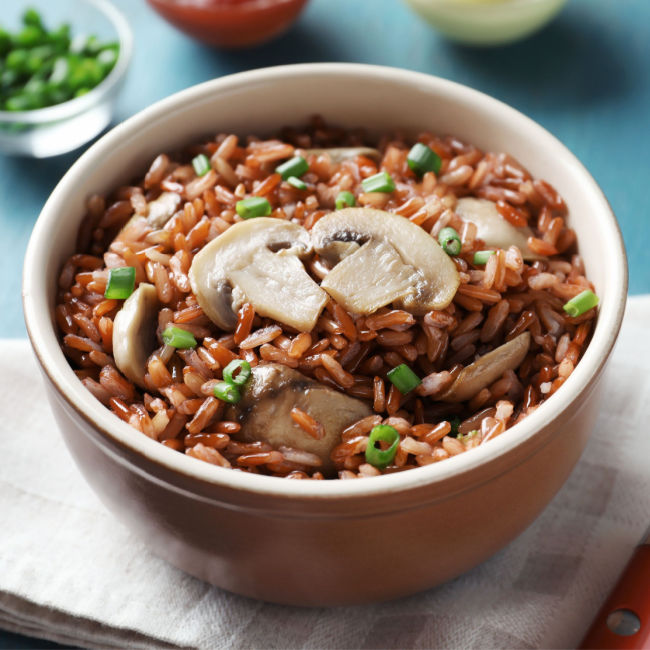
2. Brown Rice
This healthy swap is so easy! Unlike refined white rice, brown rice is a whole grain that still retains its fiber content, making it a good option for supporting digestion. "Brown rice is organized as a complete grain that is easy on the stomach and does not contain gluten," Lahey points out. It can help fight constipation and improve overall gut health without causing inflammation, making it a great addition to any diet.
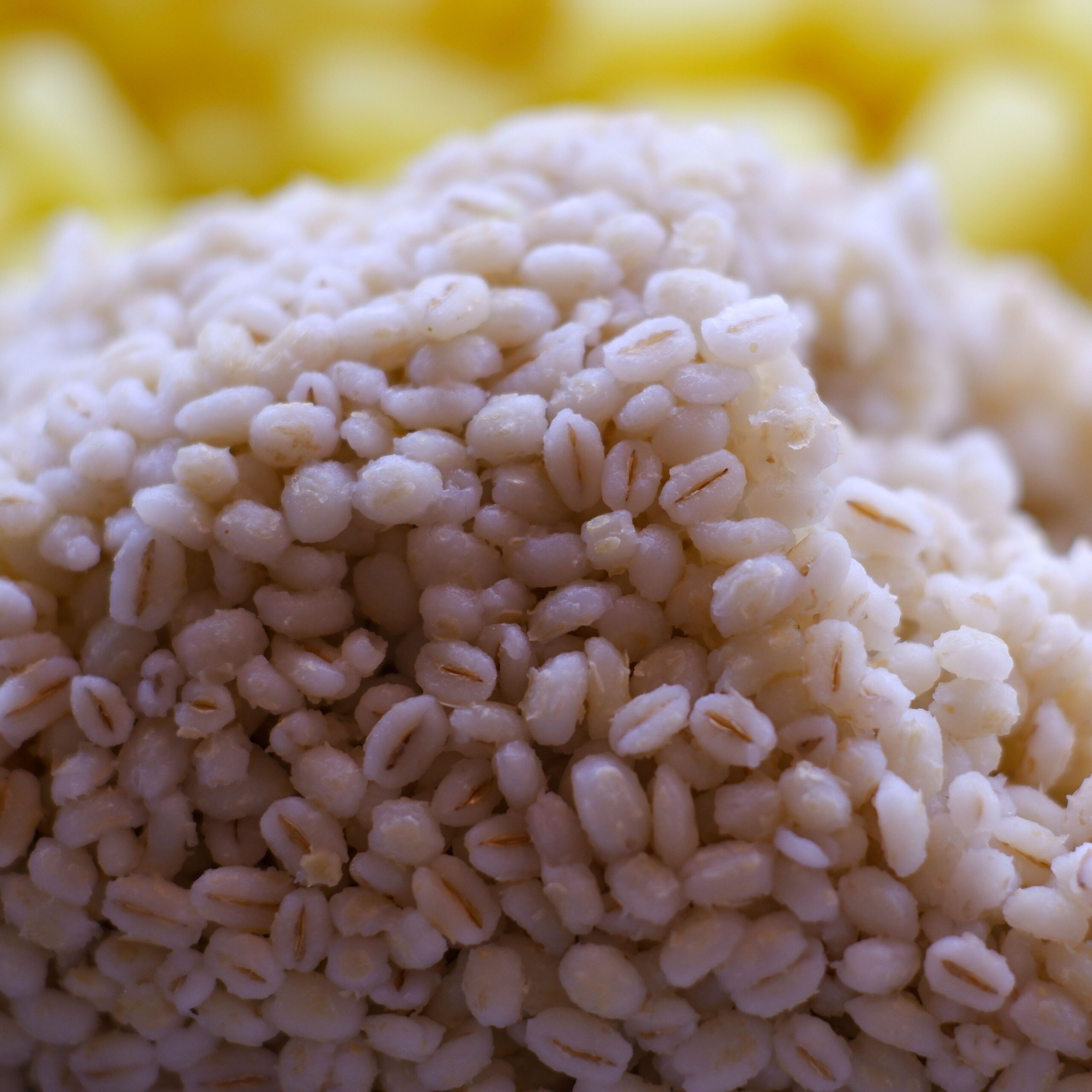
3. Millet
Millet is one more grain that’s light on the digestive system and gluten-free. "Rich in fiber and low glycemic index, millet has an anti-inflammatory effect," Lahey says. Since this grain is easily digestible, it's a great choice for those with sensitive stomachs, as it provides essential nutrients without the risk of bloating or discomfort.
Ultimately, avoiding grains that can irritate your digestive system and replacing them with nutrient-rich alternatives, is one great step to take towards improved gut health and unwanted weight gain.
READ MORE: How To Improve Gut Health Naturally: 12 Tips To Consider




